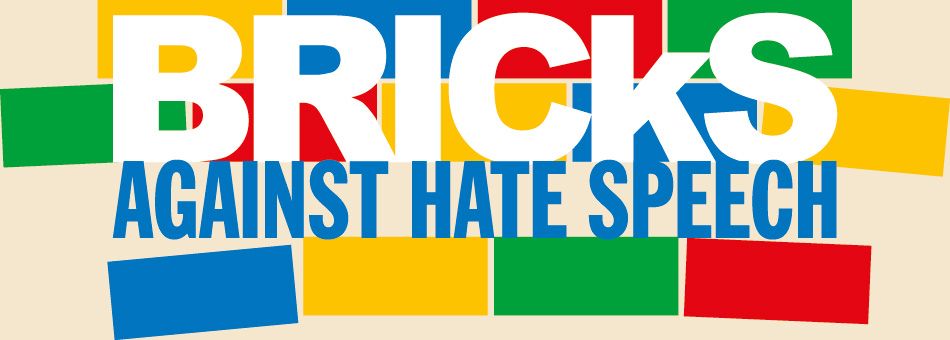“Our Comment is free site (now called Opinion) opened up our columnists to reader challenge in 2006, and the idea that every reader can have their say is something that has made our pages special ever since. Much of the debate between readers and writers has been fascinating. But some subjects – historically Israel/Palestine, and today Islam, refugees or immigration – attract hate like a magnet. For the great bulk of our readers, and – yes – to respect the wellbeing of our staff too, we need to take a more proactive stance on what kind of material appears on the Guardian site.
Thanks to our skilled moderators, much of the abuse on our site is at the milder end of the spectrum. But even this can derail conversations and have a chilling effect on writers. So the Guardian today launches a series to find the right answers – “The web we want”
Launched in April 2016, the Guardian’s initiative commissioned a research into the 70m comments left on its site since 2006. It reveals that articles which attract more abuse and dismissive trolling, regardless what article is about, are according to sex, colour of the skin, and religion of the writer.
But most commenters bring insight, knowledge and enthusiasm to the debate and an article has been dedicated to the best commenters. The aim is to promote positive comments which animate debate and give a different perspective to the discussion as a way to counter hate speech.
Nine of the Guardian’s best below-the-line commenters explain what stands for them, and tell their personal stories about where, how and why they started to write. According to them commenting means to give a personal opinion, and participate in a community.
In conclusion, The Guardian asks to its readers how to improve online comments, focusing on the future of the commenting spaces. “What would you need to change for you to get involved? How do we achieve constructive discussion for all?” these are some question that The Guardian addressed to its readers. Share your views here


